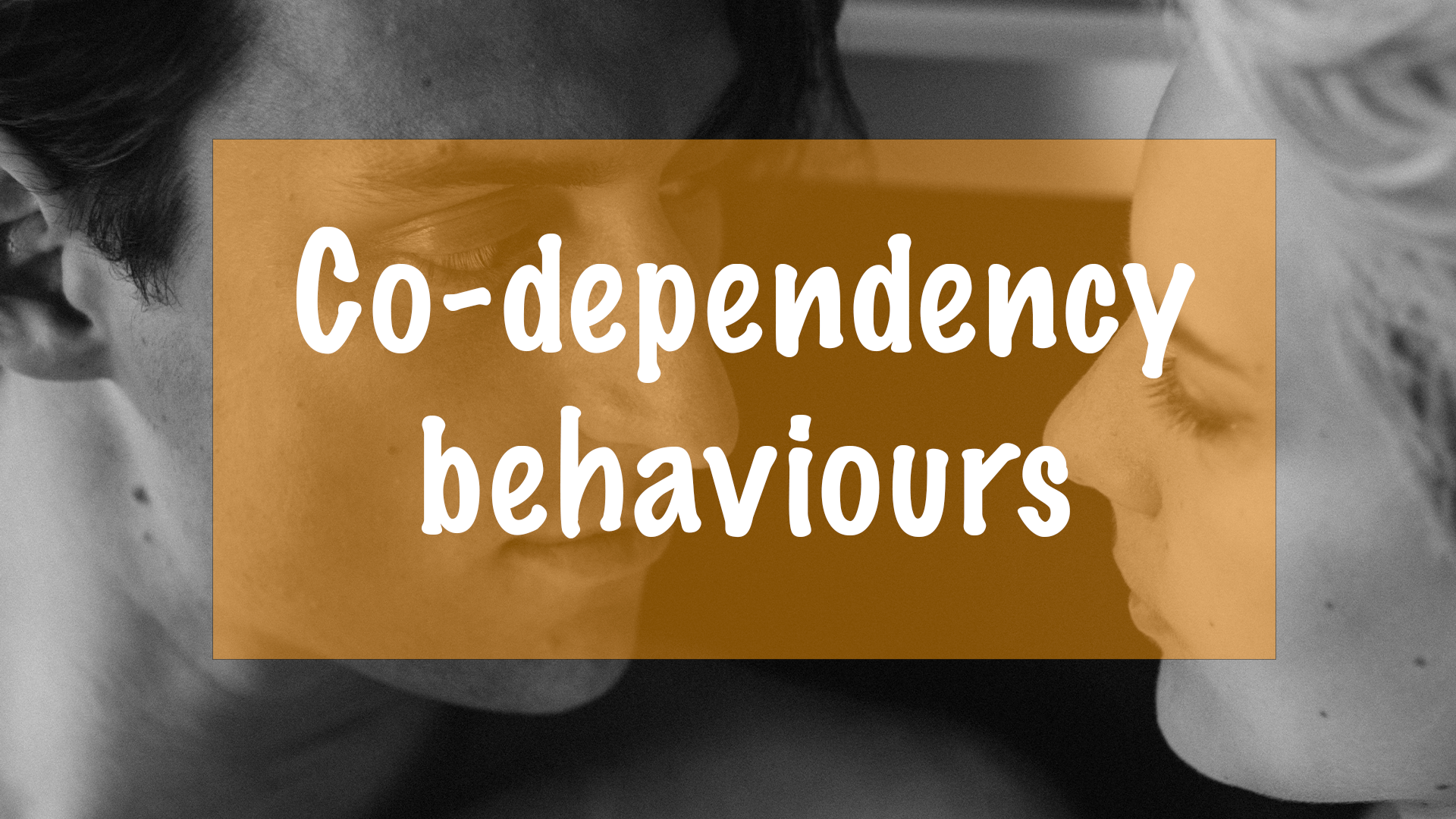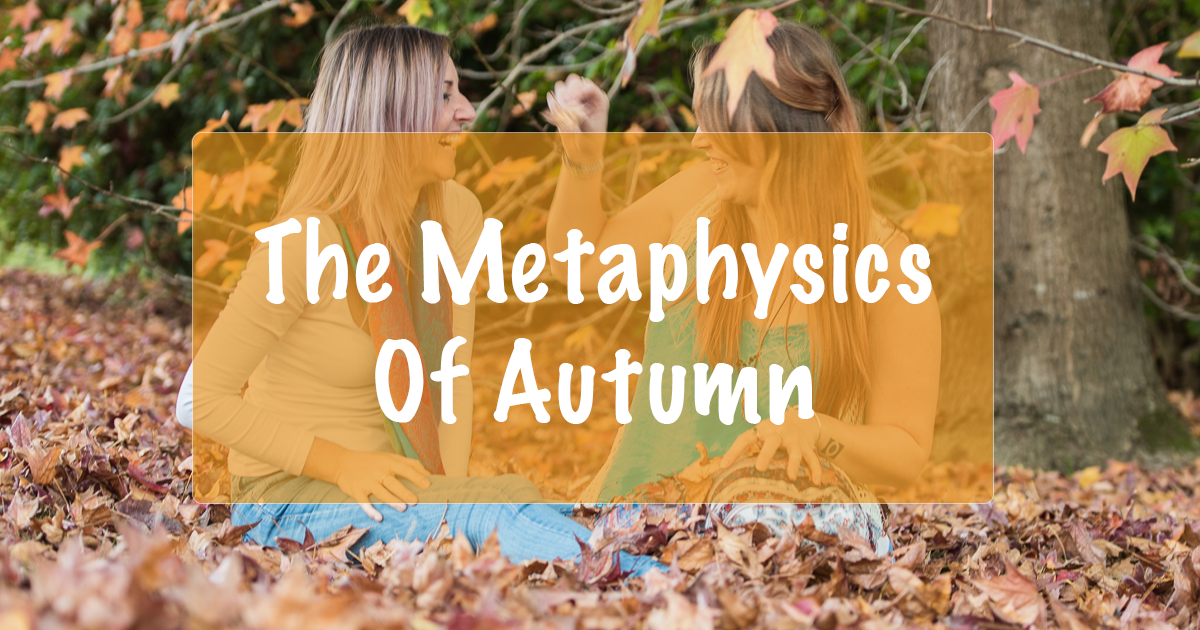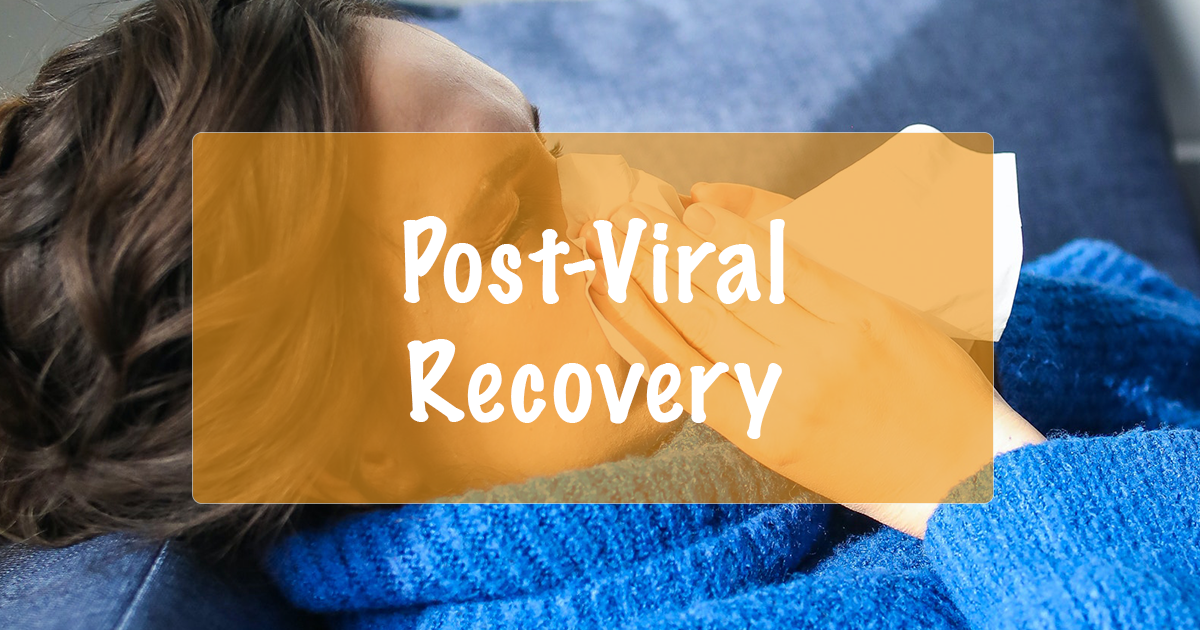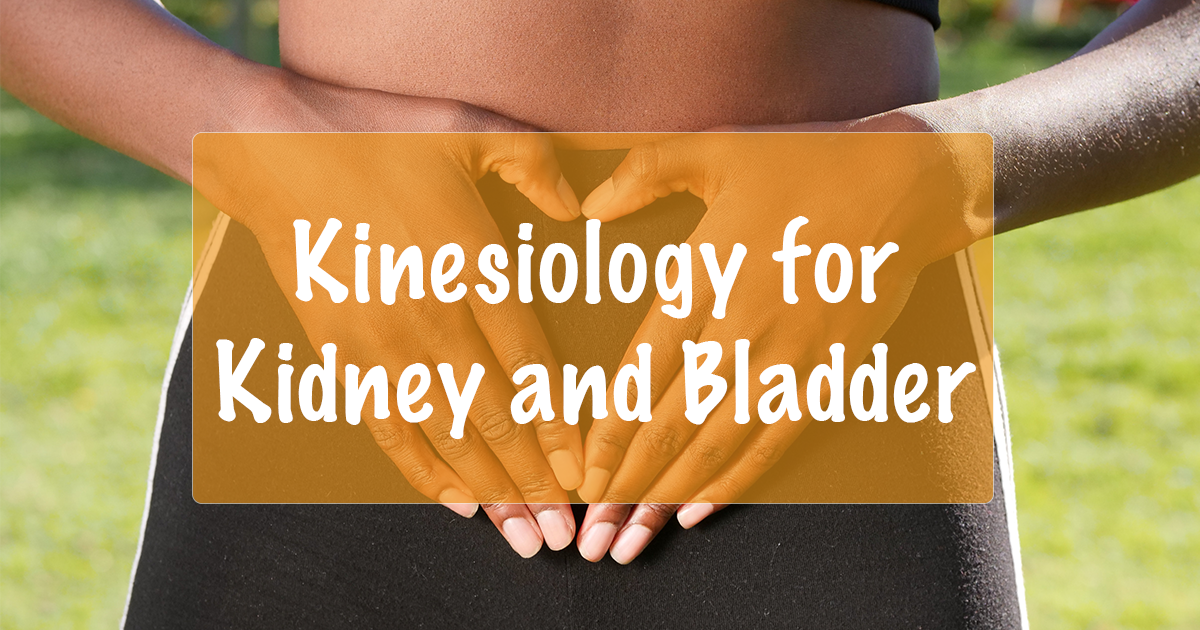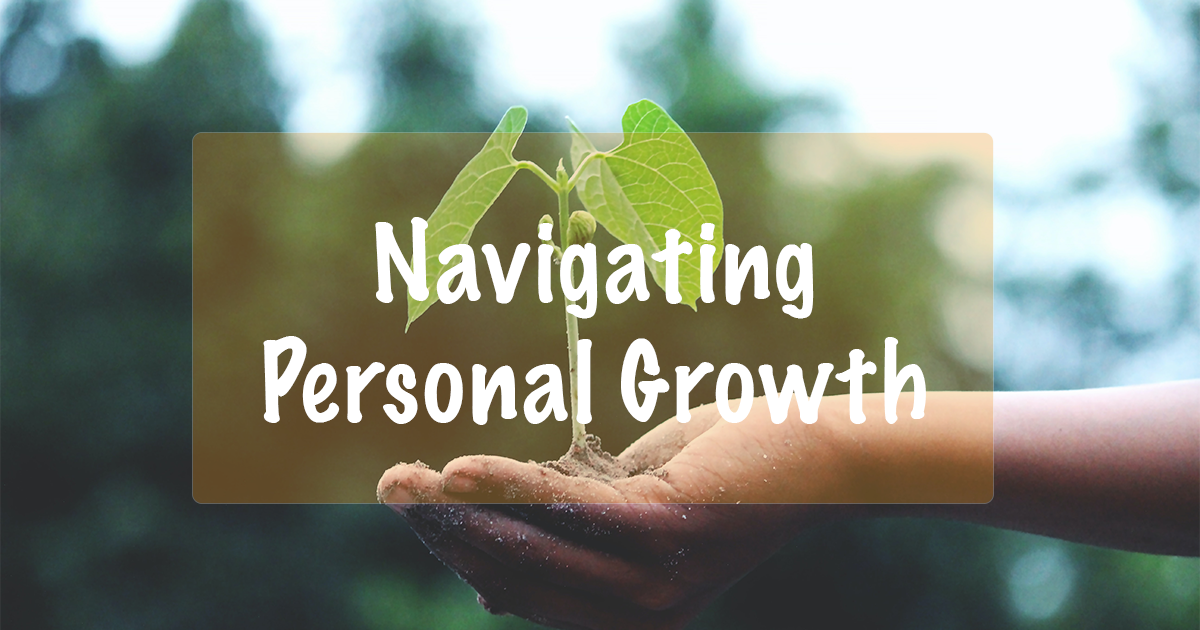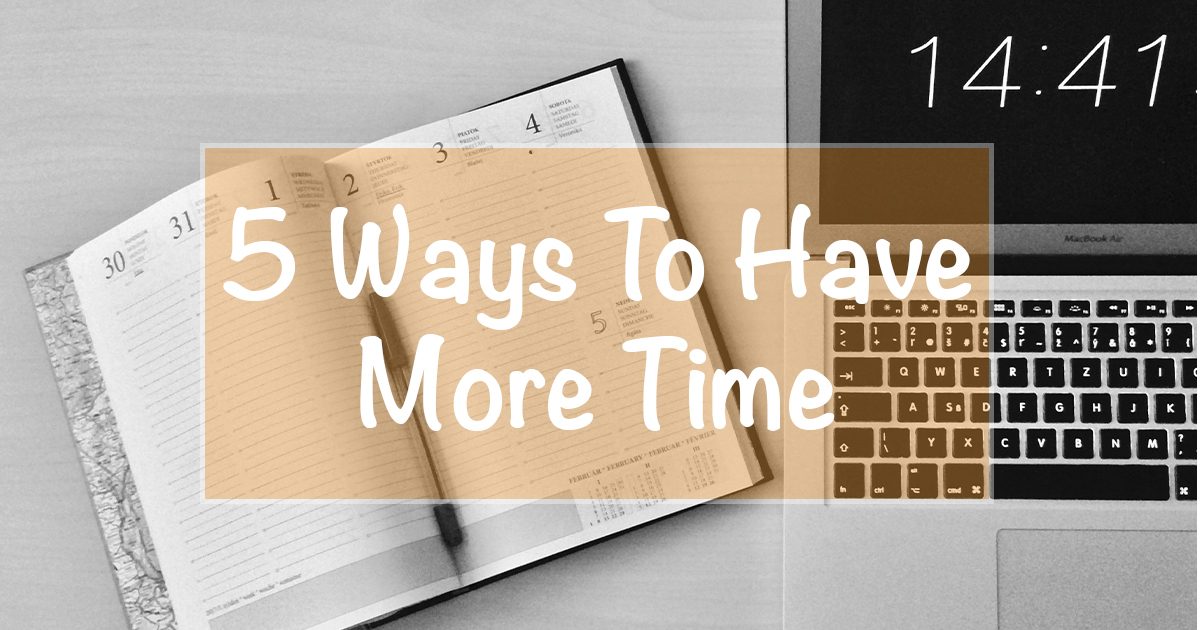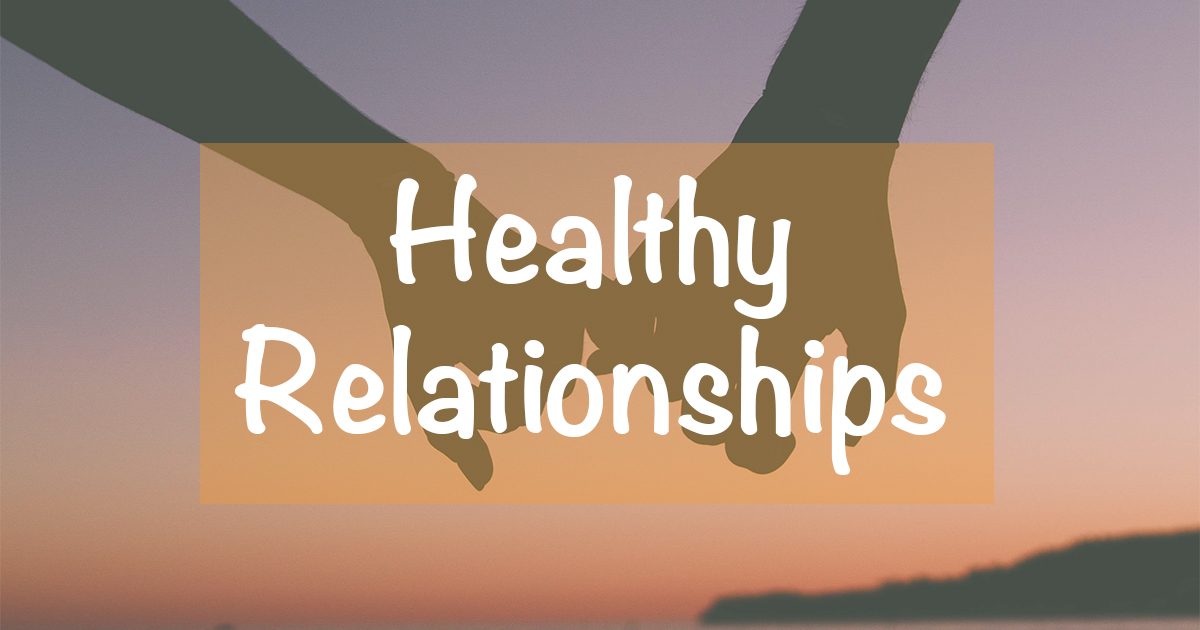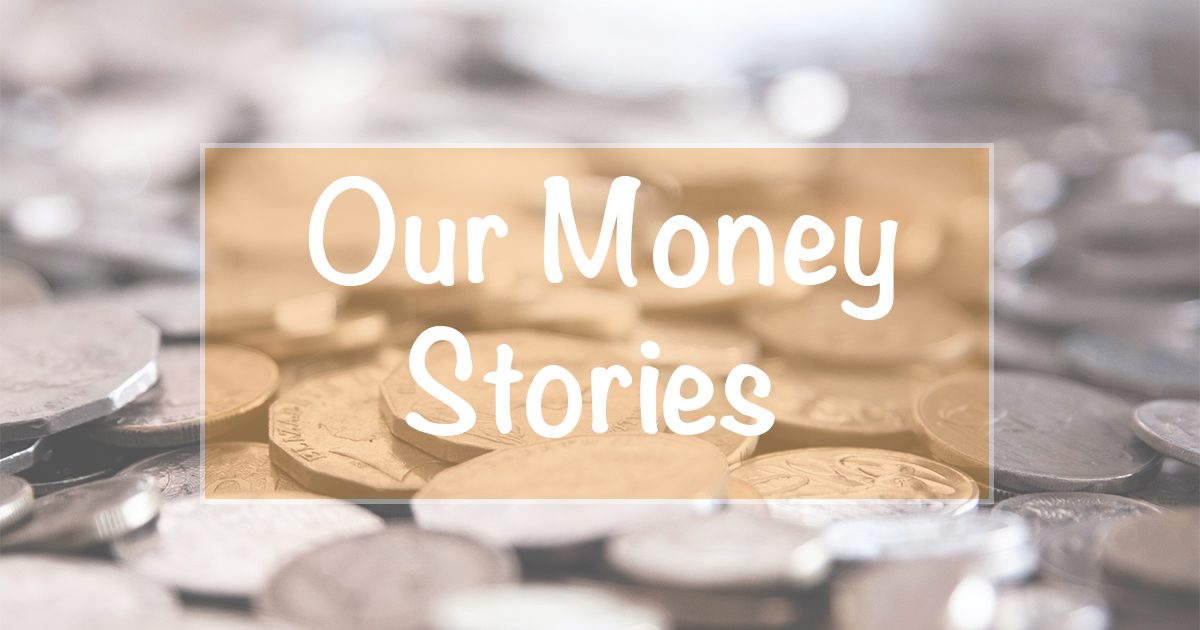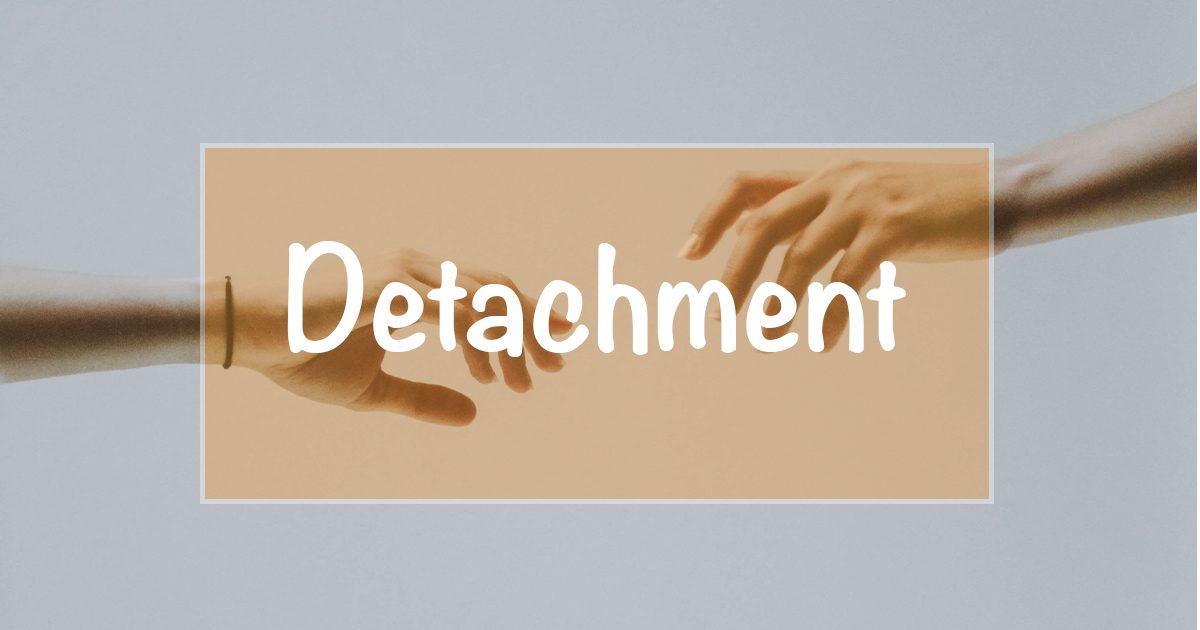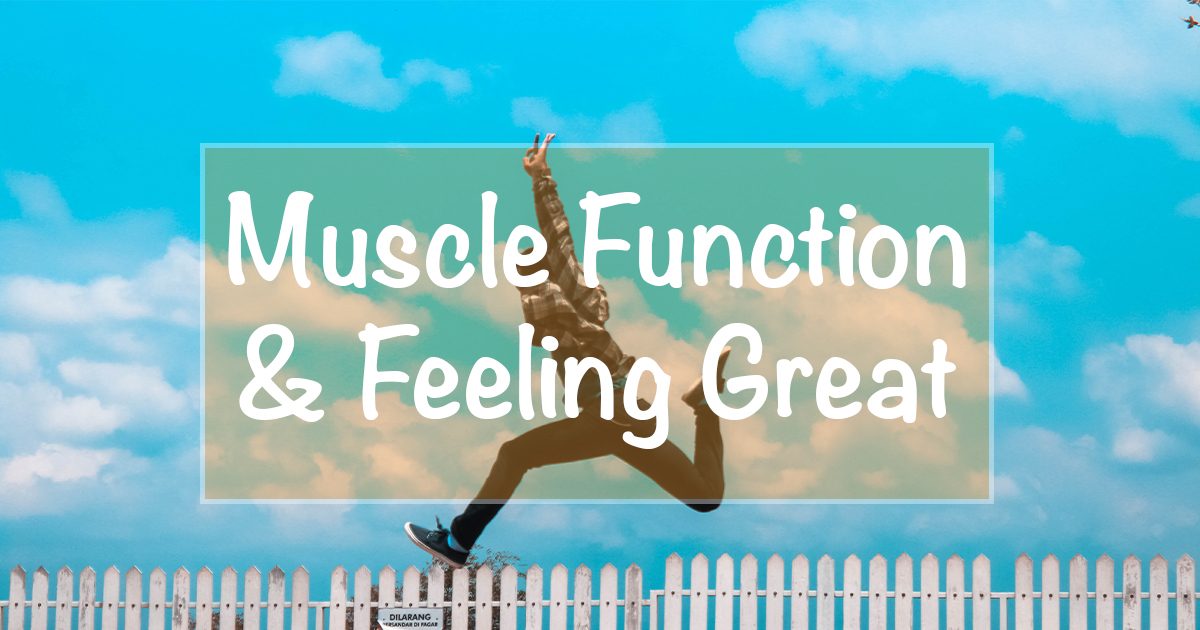Co-dependency, independence to interdependence.
co-dependence
A person who has co-dependent behaviours is overly emotionally invested in the well-being and happiness of others, often to the detriment of their own needs and boundaries. This can lead to unhealthy relationships.independence
interdependence
Only from independence, interdependence can grow. This is the healthiest way we can interact with other people in our lives. Society thrives on interdependent relationships. These are mutually beneficial, where we have a healthy awareness of other peoples needs, yet staying independent while being fully connected.Key Characteristics of Co-dependency:
1. Excessive Caretaking:
2. Difficulty Setting Boundaries:
3. Low Self-Esteem:
4. Control Issues:
5. Neglecting Self-Care:
6. Enabling Destructive Behavior:
7. Fear of Abandonment:
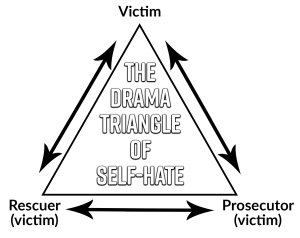
The Co-dependency Drama Triangle of Self-Hate
The "Codependency Triangle" is a concept that illustrates the dynamics of codependent relationships through three key roles or positions: the Rescuer, the Victim, and the Persecutor. This concept is often associated with transactional analysis and is used to describe how individuals in codependent relationships can play different roles at different times, perpetuating the cycle of dysfunction. Let's break down these roles:Rescuer
The Rescuer is often driven by a strong desire to help and care for others, sometimes to the point of self-sacrifice. They take on the role of the caregiver or savior, believing that they are responsible for solving the problems and meeting the needs of others, especially the Victim. Rescuers tend to be nurturing and selfless but can also become frustrated and resentful when their efforts aren't appreciated or when they neglect their own needs.Victim
The Victim, as the name suggests, often portrays themselves as helpless, powerless, or in need of constant support. They may rely on others, particularly the Rescuer, to fix their problems and provide emotional or practical support. Victims may resist taking responsibility for their own lives and actions, which can lead to a sense of powerlessness and dependency on others.Prosecutor
The Persecutor is the role in which someone adopts a critical, controlling, or even aggressive attitude towards others, typically the Rescuer and the Victim. They might blame, criticize, or belittle those around them. Persecutors may feel a need to maintain control and can sometimes use tactics like manipulation or coercion to get their way.The Dynamic
It's important to note that individuals in codependent relationships can shift between these roles, and one person may take on multiple roles at different times. some examples,- a Rescuer may become frustrated and move into the Persecutor role when their efforts go unappreciated or when they feel overwhelmed.
- Similarly, a Victim might occasionally resist the help of a Rescuer, taking on a Persecutor role themselves.
- The Prosecutor may turns into the victim when the rescuer tries to rescue the prosecutor.
Can Kinesiology help with healing from Co-dependency?
Breaking free from the Codependency Triangle starts with recognising these roles and the unhealthy patterns. Getting professional support can help with making lasting changes in your relationships. Through the use of the ICPKP protocol and co-dependency techniques, I help the client with self-awareness, and provide tools to help individuals to learn healthier relationship skills, establish boundaries, develop more balanced relationships, and avoid falling into these codependent roles. The goal is to move toward, self care and self responsibility which will ultimately lead to healthier, more mutually supportive interactions with others.Why might you want to consider looking at Co-dependency and these relationship patterns?
- You feel like you experience the drama triangle in your relationships.
- You want to feel more secure and independent in your relationships or in your life.
- You want to have more mutually beneficial relationships that add to your life.


